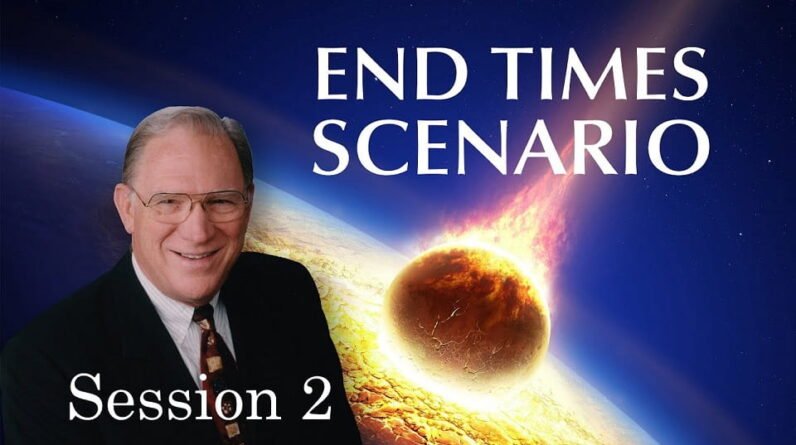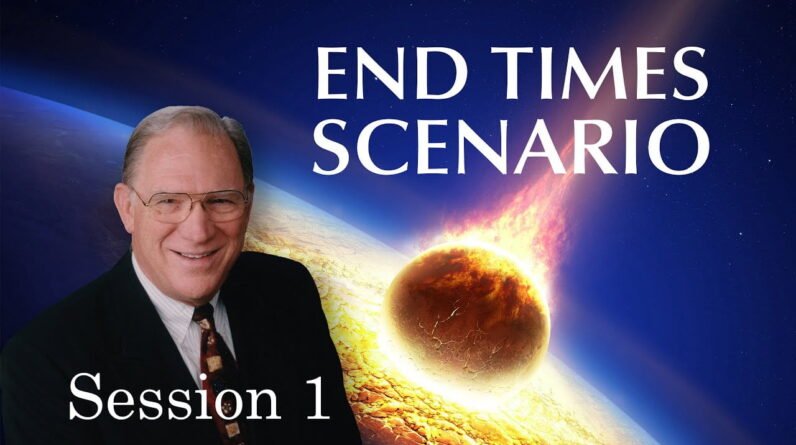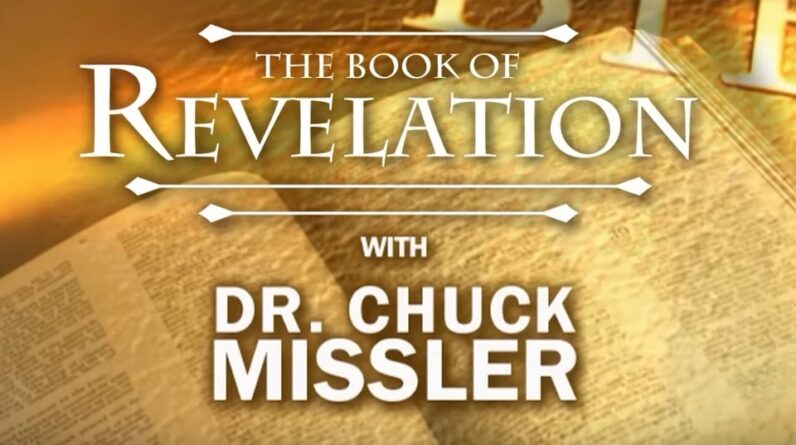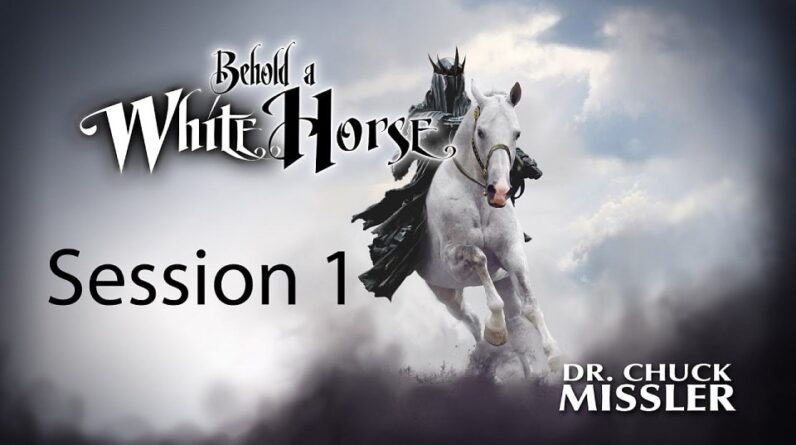Chuck Missler Revelation Session 1 opens by emphasizing the unique importance of this final book of the Bible. Revelation is the only book that declares a special blessing to those who read, hear, and keep its words (Revelation 1:3). Though often avoided by scholars and pastors due to its symbolism and prophetic nature, Missler argues that Revelation is not only understandable but essential—especially for new believers. The book unveils Jesus Christ in His glory and outlines the climax of God’s redemptive plan. It ties together themes from Genesis to Revelation and focuses on the return, reign, and ultimate victory of Christ.
Chuck Missler Revelation Session 1
The Structure and Focus of Revelation
Missler outlines the book’s internal structure as given in Revelation 1:19: “Write the things which you have seen, and the things which are, and the things which shall be hereafter.”
- “The things which you have seen” refer to John’s vision of Christ in Revelation 1.
- “The things which are” refer to the letters to the seven churches (chapters 2-3).
- “The things which shall be hereafter” refers to the prophetic events from chapters 4 to 22.
He emphasizes that this structure is both chronological and divinely provided. Revelation contains 404 verses, which include over 800 direct allusions to the Old Testament, making it essential to understand both testaments for proper interpretation.
John, the Author
The Apostle John, who also wrote the Gospel of John and three epistles, is the author. He was exiled on Patmos under Roman Emperor Domitian, where he received and recorded the Revelation. John had a close relationship with Jesus and played a key role in the early church. He is described as intense, passionate, and deeply loyal.
Major Themes and Symbolism
Missler introduces the concept of “types” or models used throughout Scripture—such as the tabernacle, the Book of Ruth, and Joshua—that point to Christ and help interpret Revelation. The book is filled with symbols, and every symbol is interpreted either in Revelation itself or elsewhere in the Bible. He explains that Revelation is written in code, but the code is self-explained within the Word.
Views of Interpretation and Prophecy
Missler addresses different schools of thought:
- Preterist: Revelation was fulfilled in the first century.
- Historicist: It outlines church history.
- Idealist: It is allegorical and not literal.
- Futurist (Missler’s view): Most of Revelation speaks of future, literal events.
He argues that one’s interpretation of Revelation is tied to their hermeneutics—whether they interpret Scripture literally or allegorically. He encourages a high view of Scripture and literal interpretation, which supports a premillennial and pre-tribulational view.
Sevenfold Structure
Missler explains that the number seven forms the backbone of Revelation. Examples include:
- Seven churches
- Seven seals
- Seven trumpets
- Seven bowls
- Seven beatitudes
- Seven “I am” statements
This heptadic (sevenfold) structure helps organize the book and points to divine authorship.
Prophetic Relevance and Urgency
Missler claims the Bible speaks more about the times we are entering than about the time when Jesus walked the earth. Events like Israel’s restoration, the rise of globalism, and the growing apostasy in the church are fulfillment of prophecy. He urges believers to understand the times and prepare accordingly.
The Centrality of Christ
Revelation, Missler stresses, is not about wild symbols—it’s about Jesus. He is presented in His glory, as the Lamb, the Judge, and the King. Every chapter centers on Christ’s sovereignty and fulfillment of God’s promises.
Final Thoughts and Study Advice
Chuck Missler Revelation Session 1 concludes by urging personal responsibility. He encourages believers to study Revelation deeply, prayerfully, and systematically. His recommended approach:
- Pray for understanding.
- Set aside presuppositions.
- Take notes.
- Keep a private journal for questions and revelations.
- Focus on Christ at the center of every passage.
This first session sets the stage for a serious, worshipful, and in-depth study of the most climactic book in Scripture.
Stay Connected
To learn more about Chuck Missler, please visit Koinonia House
Thanks for watching Chuck Missler Revelation Session 1 at Revelation Explained.
The book of Revelation contains some of the most misunderstood passages in the Bible. Attempts to explain and illuminate its contents have brought more confusion than understanding. Questions continue to outnumber answers. There have been a plethora of publications that have attempted to clarify the meaning of its content. We are so preoccupied with what is going to happen, that we fail to spend our energy on what is happening right now. There is a far sightedness in so many of us that we have lost our near sightedness. End times supersede present times.
The Second Coming of Jesus has provoked more interest than His first coming. Coming judgment has attracted more interest than God’s Grace. Escapism has replaced preparation for difficult times. We have more concern for the future than for the present. We are looking for signs in the sky rather than seeing the signs of this time. We are so eager to know about tomorrow, we fail to grow spiritually today. Instead of reading every book that claims to have unlocked the symbolism of Revelation, let us read what is obviously clear and let the Holy Spirit unveil the veiled Truth in God’s timing.







